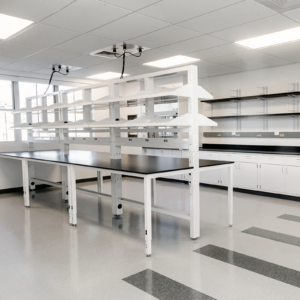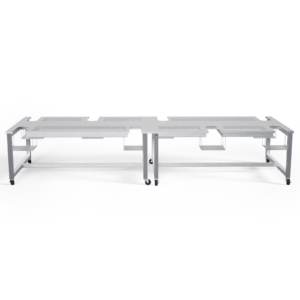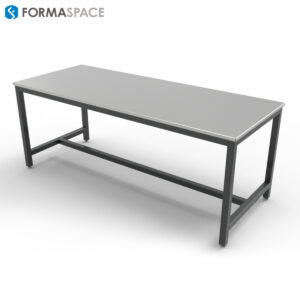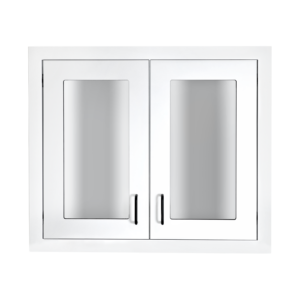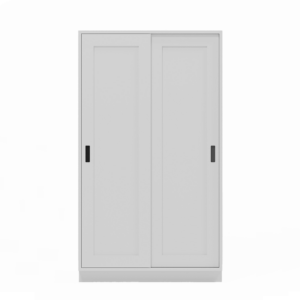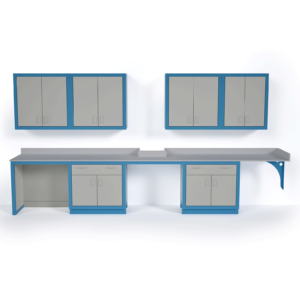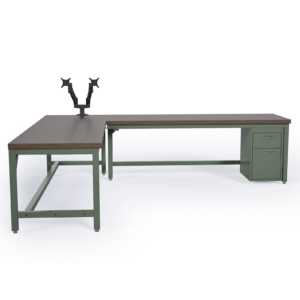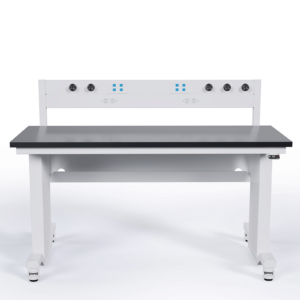Changing Attitudes Towards Personal Healthcare Decisions are Driving a Surging Home Self-Testing Market

The home healthcare and wellness self-testing market is surging, with some analysts predicting the total market will expand from nearly $11.5 billion in worldwide sales in 2024 to just over $21 billion by 2033.
What’s the reason for the rapid growth?
There may be several factors at play, starting with changed attitudes toward “taking control” over personal healthcare and wellness decisions that began with COVID-19.
The pandemic helped people become more comfortable with relying on in-home testing kits for detecting the Covid virus instead of visiting a clinic in person.
Unfortunately, the pandemic may have also encouraged increasing skepticism towards “big medicine” – including traditional doctors. Additionally, among some consumers, there is also a newfound prejudice against public health recommendations, such as taking recommended vaccines or wearing masks.
Instead of turning to a doctor’s care, many people are looking for healthcare advice online, including seeking the advice of the growing number of healthcare and wellness influencers. For example, Dr. Eric Berg, a chiropractor and Scientologist who is noted for his trademarks “The Knowledge Doc™” and “Healthy Keto®,” has over 12 million YouTube subscribers who seek out his online nutrition and supplement advice and also purchase products from his online store.
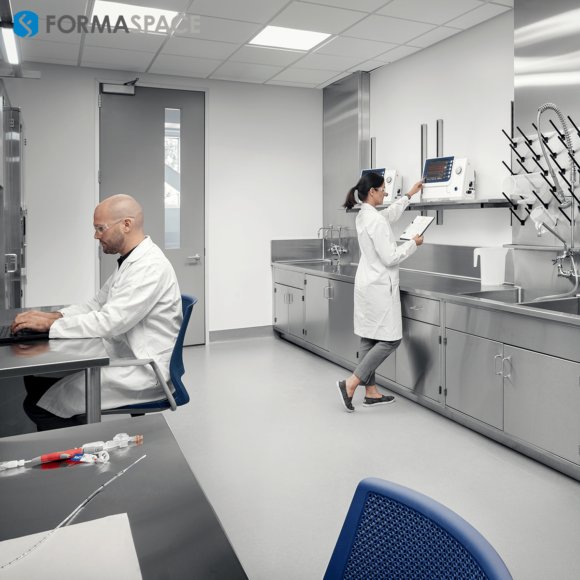
FDA Created a Regulatory “Loophole” for Single Clinic Laboratory Testing. Will it Close the Barn Door Again?
While prescribed medicines and medical procedures remain highly regulated by the FDA, there is a regulatory gap in two key areas governing home healthcare and lab tests.
The first gap is that products and tests whose use is classified “for wellness purposes only” are not currently regulated by the FDA. This distinction allows many personal devices (from trendy Oura rings to Fitbits) to escape the FDA’s regulatory oversight governing medical devices.
The second gap has to do with a waiver exception created by the FDA in 1988 as part of Clinical Laboratory Improvement Amendments (CLIA) regulations. The CLIA rules categorize different laboratory tests according to a complexity scorecard, which offers waivers to many simple self-administered tests or tests performed by single laboratories (known as laboratory-developed tests, or LDTs).
These two gaps have allowed many of the home tests described below a safe harbor to operate.
Changes to These FDA Waivers are Coming, However.
In April 2024, the FDA announced it had finalized a new regulation governing laboratory-developed tests (LDTs). This new rule will put laboratory-developed tests back under FDA control, e.g. they will be required to meet the same stringent pre- and post-market regulatory requirements as other medical devices and clinical tests. This change will be phased in over the next four years, during which the FDA will curtail its previous policy waiver discretion.
The FDA’s changing regulatory environment is encouraging many home testing startup ventures to accelerate their plans to get fresh capital to fund a war chest to pay for the necessary lawyers, clinical tests, and regulatory paperwork applications that will govern their businesses under the new FDA rules.
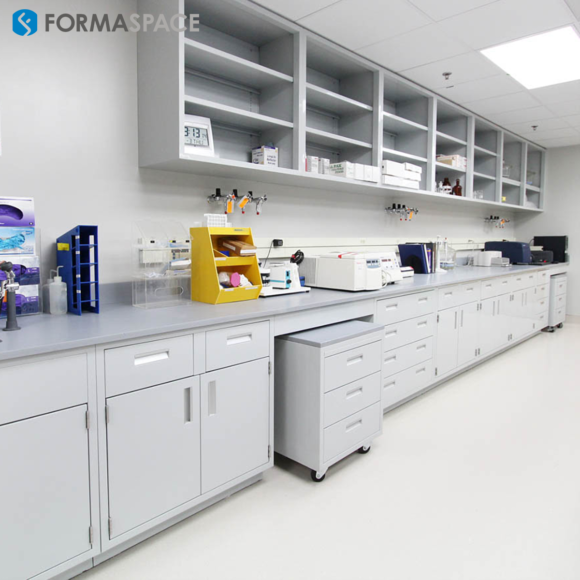
Big Name Healthcare Companies and VC Investors are Jumping on the Home Self-Testing Market Bandwagon
Already, some big names have stepped in to take advantage of the home testing market.
Take the Apple Watch, for Example.
Earlier versions of the Apple Watch avoided FDA scrutiny through carefully worded disclaimers saying the devices were for health and wellness purposes only.
But Apple sees the value in getting its latest Apple Watch versions certified. In May 2024, the FDA approved the Apple watch as a “secondary endpoint” for measuring atrial fibrillation (AFib) under the FDA’s new Medical Device Development Tools (MDDT) program.
The new MDDT program (of which the Apple Watch is the first to receive FDA approval) streamlines the FDA’s approval process by providing a pre-qualified list of evaluation tools rather than requiring new testing protocols be developed from scratch with each new application.
Labcorp Introduces Labcorp on Demand
Laboratory Corp. of America, commonly known as LabCorp, is one of the largest medical testing laboratory companies in the US (the other being Quest).
(Disclaimer: both Labcorp and Quest are Formaspace customers)
LabCorp has entered the home self-testing market in a big way, creating a new brand called “LabCorp on Demand” that offers a wide range of home self-tests, including:
- Allergy
- Annual Wellness
- Hormones
- Heart Health
- Fertility & Sexual Health
- General Health
- Immunity & Infectious Disease
- Nutrition & Vitamin Health
LabCorp on Demand offers these tests without a doctor’s visit; many can be performed at home (with the test samples mailed to Labcorp and results available online), though some tests require in-person visits to a traditional Labcorp testing clinic.
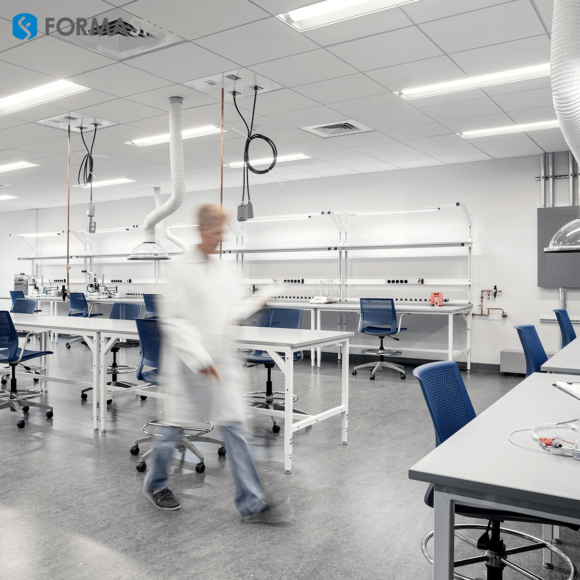
CVS and Walgreens Establish Partnerships with Home Self-Testing Provider ixlayer
In 2022, pharmacy rivals CVS and Walgreens both entered into agreements with the San Francisco-based home self-testing startup ixlayer to offer at-home testing products in their retail stores.
In 2021 ixlayer raised over $75 million in early funding and got on the 2023 Inc. list of fastest-growing companies in America.
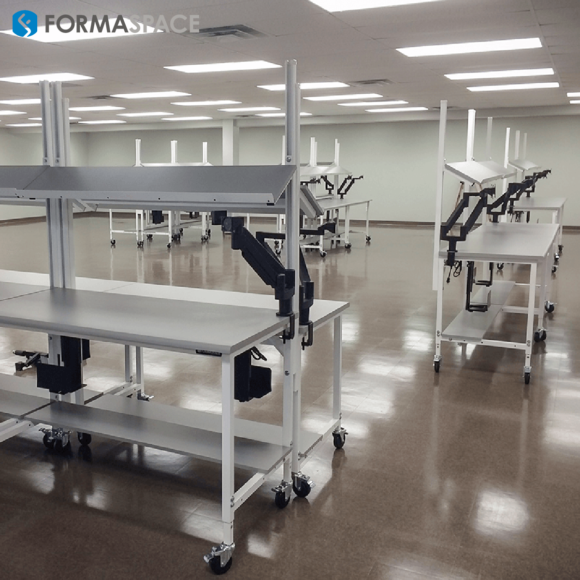
Lux Capital and Blackrock Invest $250 Million in Home Self-Testing Startup Everywell
Everywell, a home self-testing startup that first gained public awareness in a 2017 appearance on the VC investor reality show Sharktank, reached a new milestone when it became the first company to get FDA approval for a self-administered COVID sample collection test.
The company subsequently received $250 million in investments from Lux Capital and BlackRock.
Everywell offers a combination of self-administered home tests and tests that require a doctor’s oversight, which is overseen by an online team of physicians. The company also relies on a network of affiliate health influencers who promote their home tests, such as food sensitivity tests, on social media.
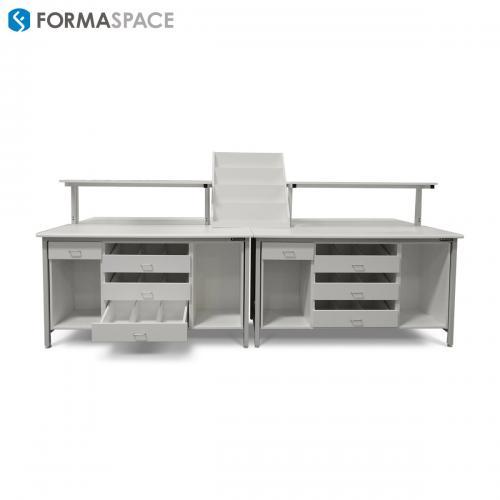
Formaspace is Your Laboratory Research Partner
Evolving Workspaces. It’s in our DNA.
Talk to your Formaspace Sales Representative or Strategic Dealer Partner today to learn more about how we can work together to make your next construction project or remodel a success.





